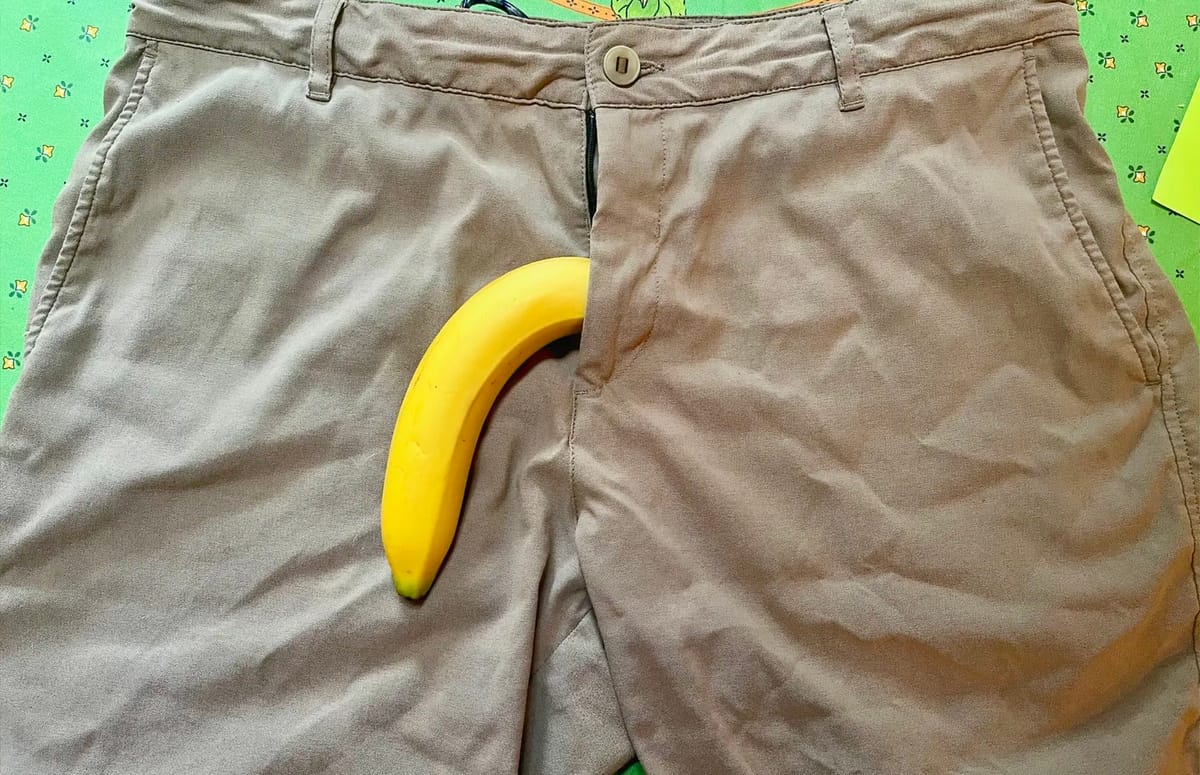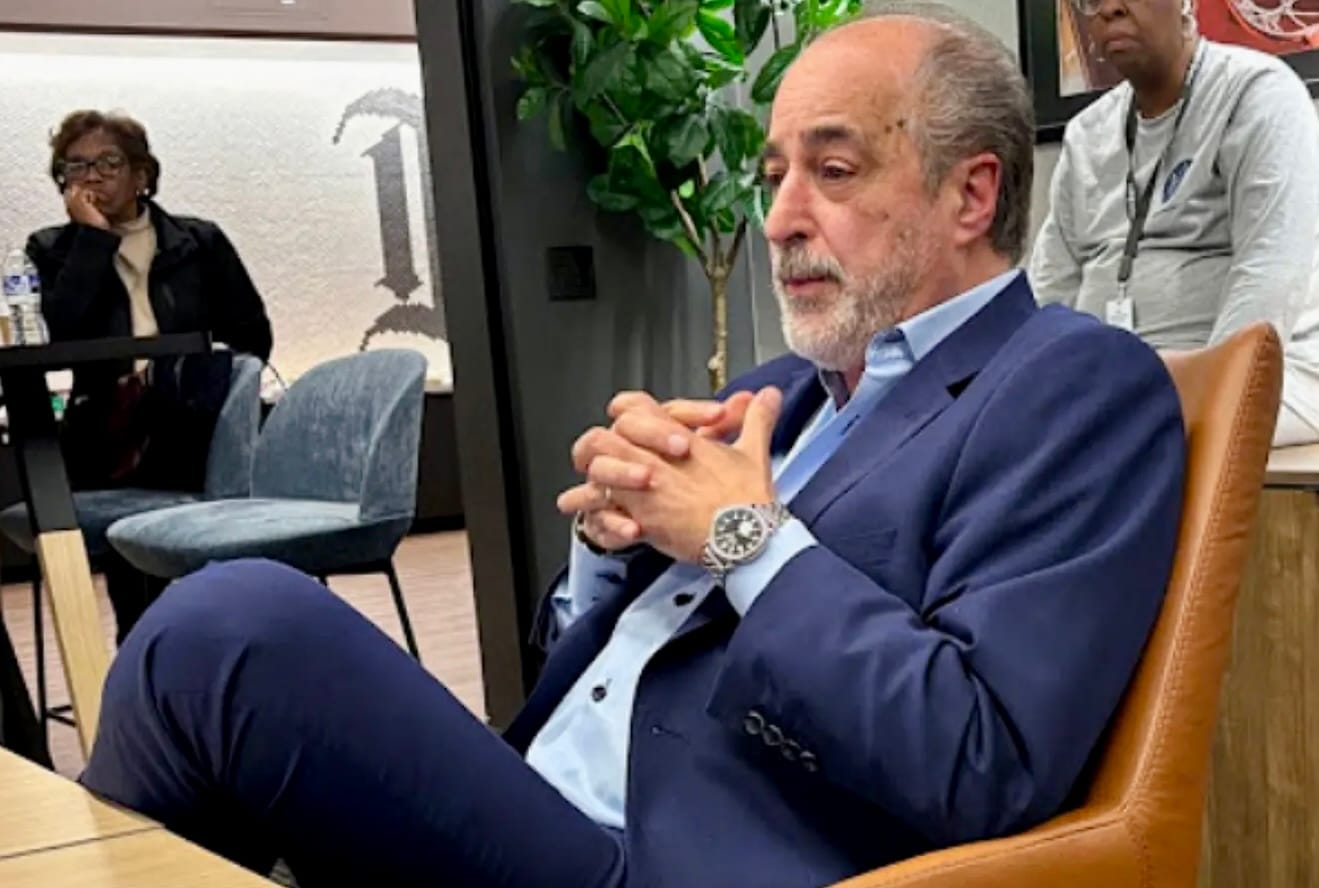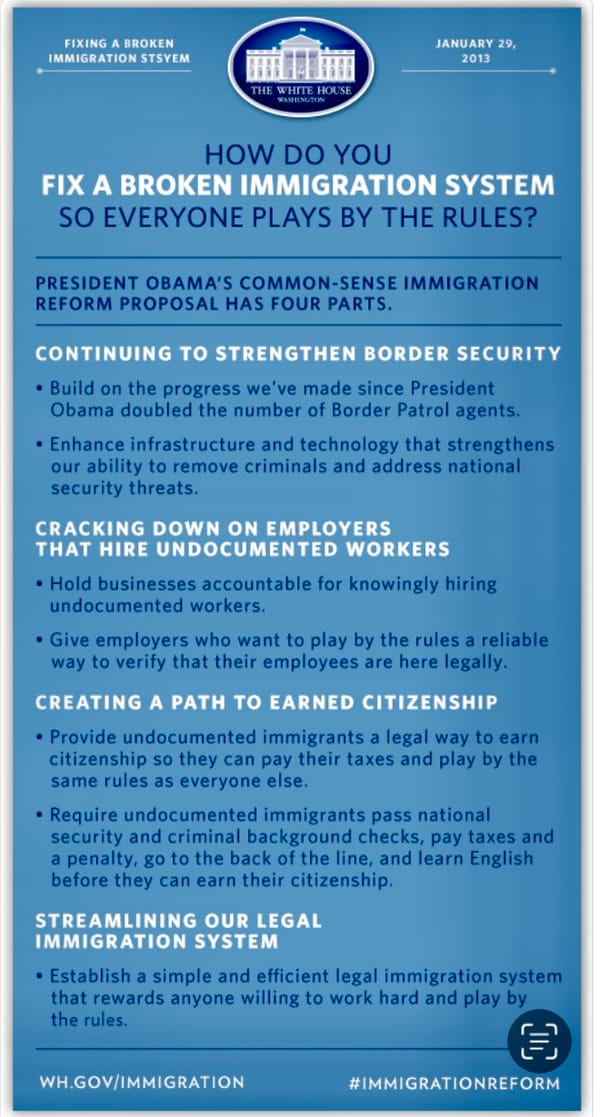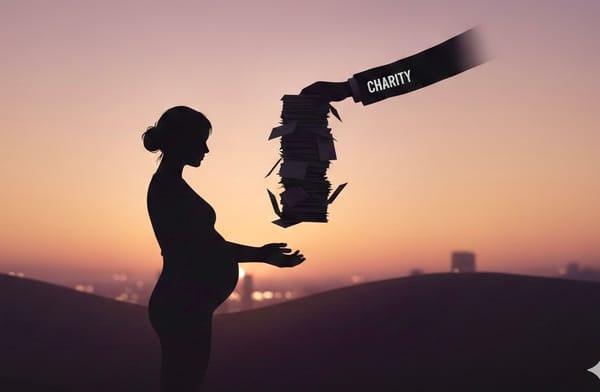Guest essay: A case of journalistic erectile dysfunction
But even though Inquirer editors knew about the judge’s decision — a copy was sent over by Bologna’s lawyers — the newspaper couldn’t bear to tell their readers about it.

By Ralph Cipriano
At The Philadelphia Inquirer, reporters and editors are so in love with District Attorney Larry Krasner, that when negative news about him breaks, they go flaccid, and can’t perform their duty.
It doesn’t matter whether the negative news about Krasner is coming from critics that include state Supreme Court justices, the chief deputy state attorney general, judges on the state Superior Court, or even a senior U.S. District Court judge.
If any official dares to criticize Krasner, Inky journalists love Larry so much that they can’t get it up to do their job, and print the news.
The most recent example — last week in U.S. District Court, Senior Judge Joel Slomsky issued a blockbuster 59-page opinion that, in a civil rights case filed by a police inspector, stripped Philly D.A. Krasner of the absolute immunity that prosecutors normally enjoy when they are sued.
In his opinion issued in a false and malicious prosecution case brought by Staff Inspector Joe Bologna, Judge Slomsky also ruled that the city of Philadelphia is liable for Krasner’s policy of prosecuting police officers without probable cause, such as he certainly did to Bologna.
Now there’s a news story.
A senior U.S. District Court judge says that by printing false and malicious facts about Bologna in a criminal affidavit, Krasner loses absolute immunity. The judge’s ruling also means that the D.A., and the city are not only liable for compensatory damages, but also for punitive damages.
But even though Inquirer editors knew about the judge’s decision — a copy was sent over by Bologna’s lawyers — the newspaper couldn’t bear to tell their readers about it.
The Inquirer couldn’t publish that their white knight in shining armor, Larry Krasner, the progressive “reform” prosecutor, had apparently been caught by a senior federal judge trampling on the constitutional rights of a police officer.
And in this case, Krasner might have to dig into his own pocket to pay for damages. Because the Bologna lawsuit targets Krasner personally and professionally, as well as two other named defendants, former Assistant D.A. Tracy Tripp, and Sgt. Gerald Rocks.

On Saturday morning, I sent Inquirer editor and senior vice president Gabe Escobar [pictured above], as well as a half-dozen other top editors at the Inquirer, a copy of Judge Slomsky’s decision, and asked them to explain why it wasn’t a news story.
Three days later, here’s what I heard back from Escobar and six other top editors from the Inky brain trust — zip, nada, nothing.
Yep, all seven editors didn’t even bother to say no comment to another reporter.
It’s not like this is an isolated incident. At the Inquirer, they have a policy of censoring negative news about Krasner.
He’s the D.A. who just got through racking up a landslide win in a Democratic primary. And he’s presently running unopposed for a third term in the general election in November.
Here’s another sterling example of what they’re doing at the Inquirer to betray journalism by protecting Krasner.
On March 5th, the state Supreme Court held a highly unusual two-hour hearing at Philadelphia City Hall. The topic — what to do about a Philly D.A. who refuses to do his job.
According to the state attorney general, in 108 appeals filed by convicted killers, instead of investigating allegations of police and/or prosecutorial misconduct made by criminal defense lawyers, Krasner had a policy of automatically rolling over. In issuing concessions in all 108 cases, Krasner officially conceded that all the unproven allegations were true.
When a state Supreme Court justice asked what should be done about the problem of a D.A. who’s always “taking a knee” when convicted killers file appeals, Chief Deputy Attorney General Ronald Eisenberg had some advice for judges throughout the Commonwealth.
“I’m saying that where you have a pattern of problematic concessions,” Eisenberg told the state Supreme Court, “then judges have to guarantee an adversarial process. The only way to do that is to have a third party come in.”
So what did the Inquirer do?
With the state Supreme Court hearing at Philadelphia City Hall located less than a mile from their shiny new headquarters at 100 S. Independence Mall West, and some 200 journalists at their disposal, the Inquirer ignored the hearing, and didn’t print a word about it.
On April 16th, in an appeal filed by another convicted killer, Isiah Mickeals, rather than blindly accept a 109th concession from Krasner, judges on the state Superior Court took Eisenberg’s advice.
The Superior Court had previously invited the state attorney general’s office to do the job that Krasner refused to do, investigating the allegations of misconduct made by Mickeals.
In a friend of the court brief, the A.G. concluded that the allegations of misconduct made by Mickeals were not only untimely, but also lacked merit. So Mickeals won’t be getting out of prison any time soon.
But what did the Inquirer do about the foiled jail break by Mickeals that was deep-sixed by the state Superior Court, with the help of the state attorney general?
Once again, rather than sully Krasner’s reputation as a reformer during election season, the Inquirer, which endorsed Krasner for reelection, ignored the state Superior Court decision, and published nothing.
Let’s face it, the Inquirer loves Larry Krasner because he’s anti-cop. Just like they are.
The Inquirer’s been crusading against the Philadelphia Police Department for more than 45 years. It began way back in 1978, when the newspaper won its first Pulitzer, for exposing police brutality.
In more recent times, the Inquirer has championed Larry Krasner’s so-called exonerations, where, because of Krasner’s concessions, nothing is proven in court before a convicted killer goes free.
Because it fits squarely into the world view of progressive reporters that mostly white cops are out there framing innocent black guys for murder.
The Inquirer has also championed Krasner whenever he goes after a police officer, gleefully printing his allegations, whether they’re true or not.
In the Bologna case, Judge Slomsky had some bad news for Krasner and his cohorts who apparently ran with a false affidavit against Bologna, based on false testimony elicited from protester Evan Gorski.
“Here,” the judge wrote, plaintiff Bologna “has carried his burden that it was clearly established, in the Fourth Amendment context, that a District Attorney, Assistant District Attorney and Chief of County Detectives may not intentionally or recklessly include false information or omit material information in an affidavit of probable cause.”
“For example,” the judge wrote, “it should have made clear in the affidavit that Gorski’s group of protestors were kicking and punching officers during the altercation.”
“It also failed to mention,” the judge wrote, “that Gorski was equipped with a mask, gloves and backpack being carried in his role as a leader of the protestors assaulting and harassing police.”
“Additionally,” the judge wrote, “D.A. Krasner, A.D.A. Tripp and Sgt. Rocks were aware that some statements in the Affidavit of Probable Cause may not have been truthful.”
While affidavit stated that Bologna hit Gorski in the head, “causing a cut on the back of his head, which required stitches and staples to close,” the judge wrote, a cell phone video clearly showed that Bologna’s metal baton “struck him [Gorski] on the upper back, not his head.”
Thanks to the machinations of Larry Krasner, Gorski sued the city based on false allegations, and collected $170,000 from taxpayers.
And now that Bologna is suing, the city tried to get Judge Slomsky to dismiss the city as a defendant, without success.
“A prosecutor, and now a municipality, cannot shield themselves from liability while performing investigative tasks,” the judge wrote.
In his opinion, Judge Slomsky cited six other cases where Krasner had prosecuted police officers without probable cause, including Ryan Pownall, James Saxton, James Smith, Patrick Smith, Richard Nicoletti, and Mark Dial.
“A prosecutor neither is, nor should consider himself to be, an advocate,” the judge wrote, “before he has probable cause to have anyone arrested.”
But Larry Krasner is always an advocate whenever he’s chasing a police officer. And if he doesn’t have probable cause, he invents it.
In every one of the six cases mentioned above, the Inquirer carried Krasner’s water for him. They did it by printing all kinds of sensational allegations Krasner made against those police officers, many of which turned out to be not true, or not justified under the law.
Sounds like the city of Philadelphia has a serious problem. When a district attorney is allowed to pursue a policy of blatantly discriminating against police officers by prosecuting them on trumped-up charges, justice isn’t served, and the system is not being reformed.
Instead, it’s just being corrupted in a different way.
But the Inquirer thinks the solution to the problem of an overzealous district attorney blatantly discriminating against police officers is to keep it a secret.
By doing that, however, the Inquirer not only betrays journalism. It also becomes collaborators, and co-conspirators, with a corrupt district attorney.
For shame.
—-
This originally appeared on Ralph Cipriano’s Big Trial blog



